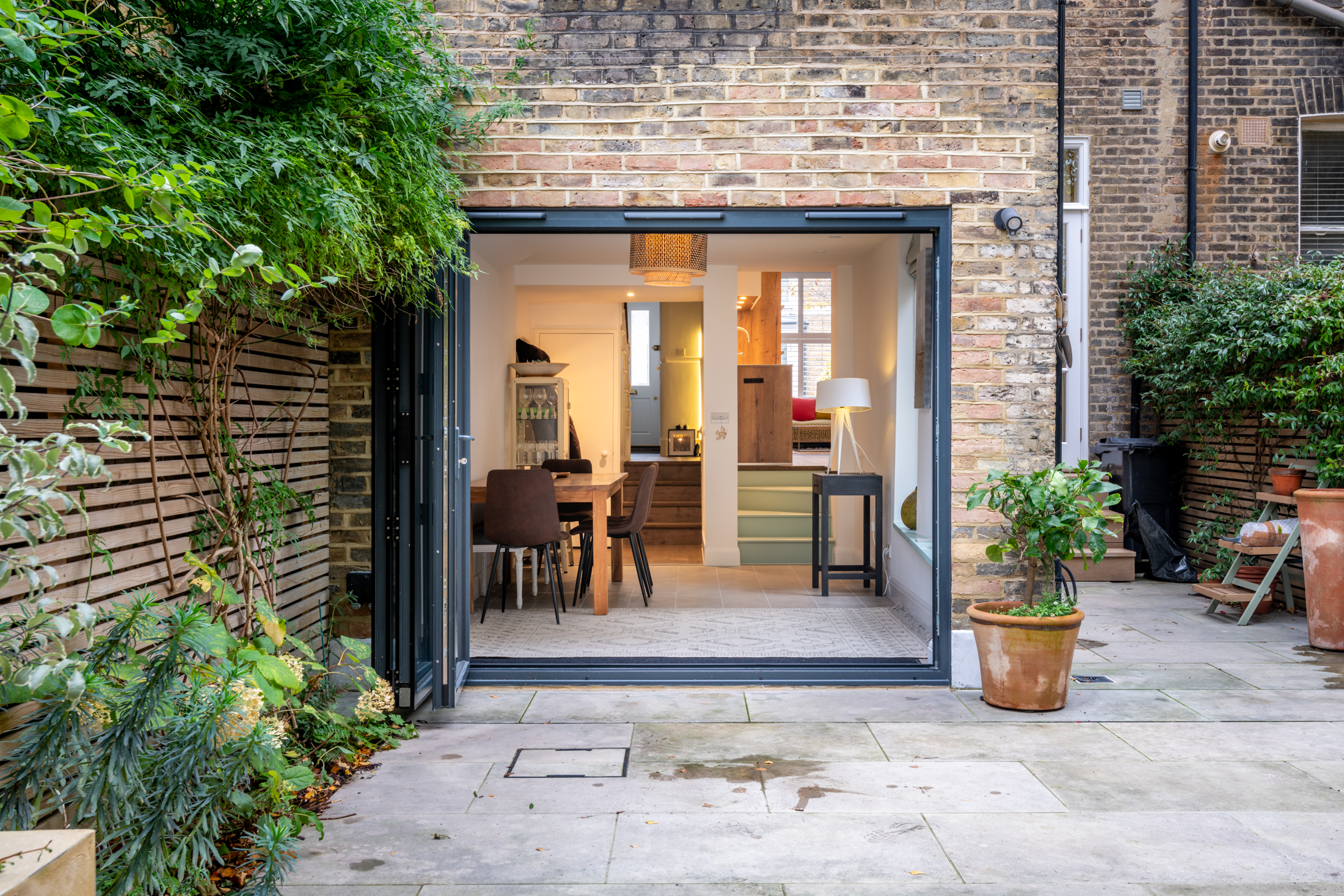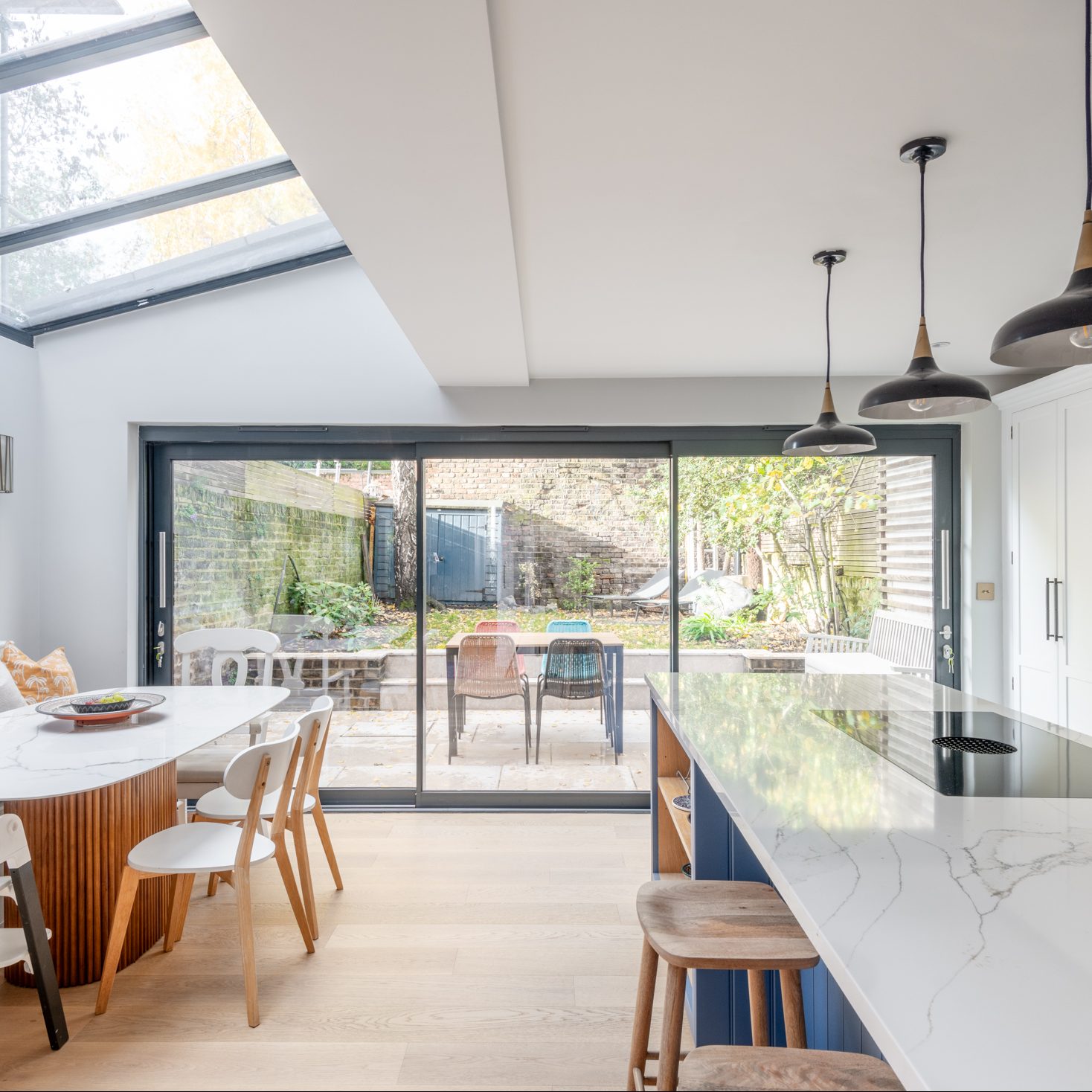The Ultimate Guide To Home Renovations 2023
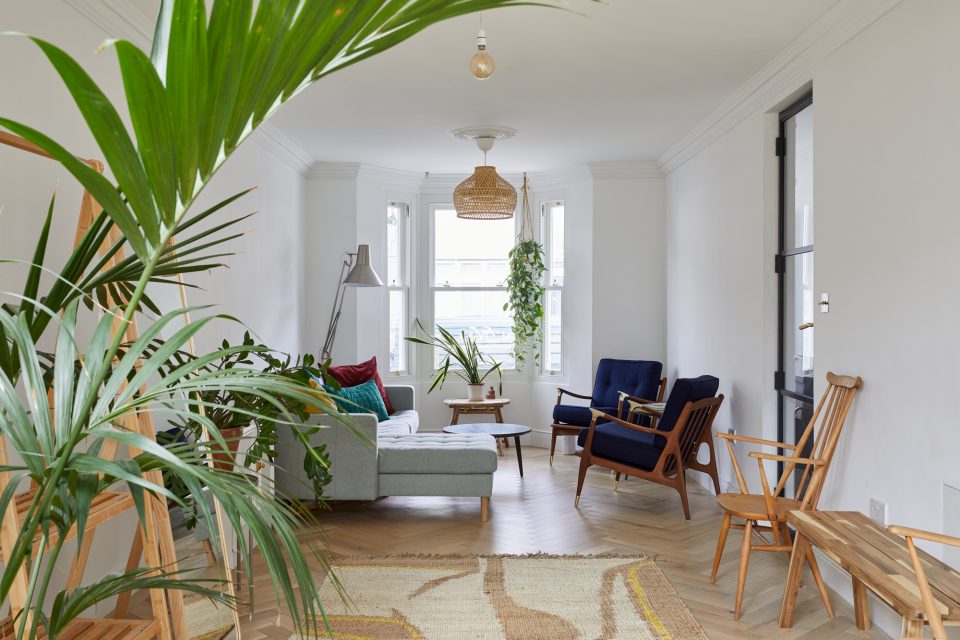
Introduction
In the grand tapestry of life, our homes are more than just four walls and a roof—they are a vivid expression of who we are, an intimate reflection of our personal style, passions, and values. Embarking on the journey of home renovation, therefore, is an adventure that is as rewarding as it is exciting. We applaud you, our ambitious readers, for taking the first bold step toward transforming your living space into the dwelling of your dreams. Recognizing the significant financial and emotional investment this represents, we’ve designed this guide to make your renovation journey smoother and more fulfilling.
Home renovation is the epitome of tangible creativity, where dreams materialize into bricks and beams, paint and polish. It’s the process of shaping your environment to nurture your lifestyle, creating spaces that echo your personality, comfort your soul, and inspire your everyday life. The endeavor may appear daunting, especially considering the financial commitment involved. But fear not, for with careful planning, informed decision-making, and a spark of imagination, the home of your dreams is within your reach.
Our comprehensive guide will take you through each critical step of the renovation process. From understanding the initial planning and budgeting to making architectural choices, selecting materials, navigating regulatory requirements, hiring the right contractors, and even managing unexpected challenges – we’ve got you covered. Welcome to your ultimate guide to home renovations – a roadmap to reimagining, rebuilding, and relishing your personal haven.
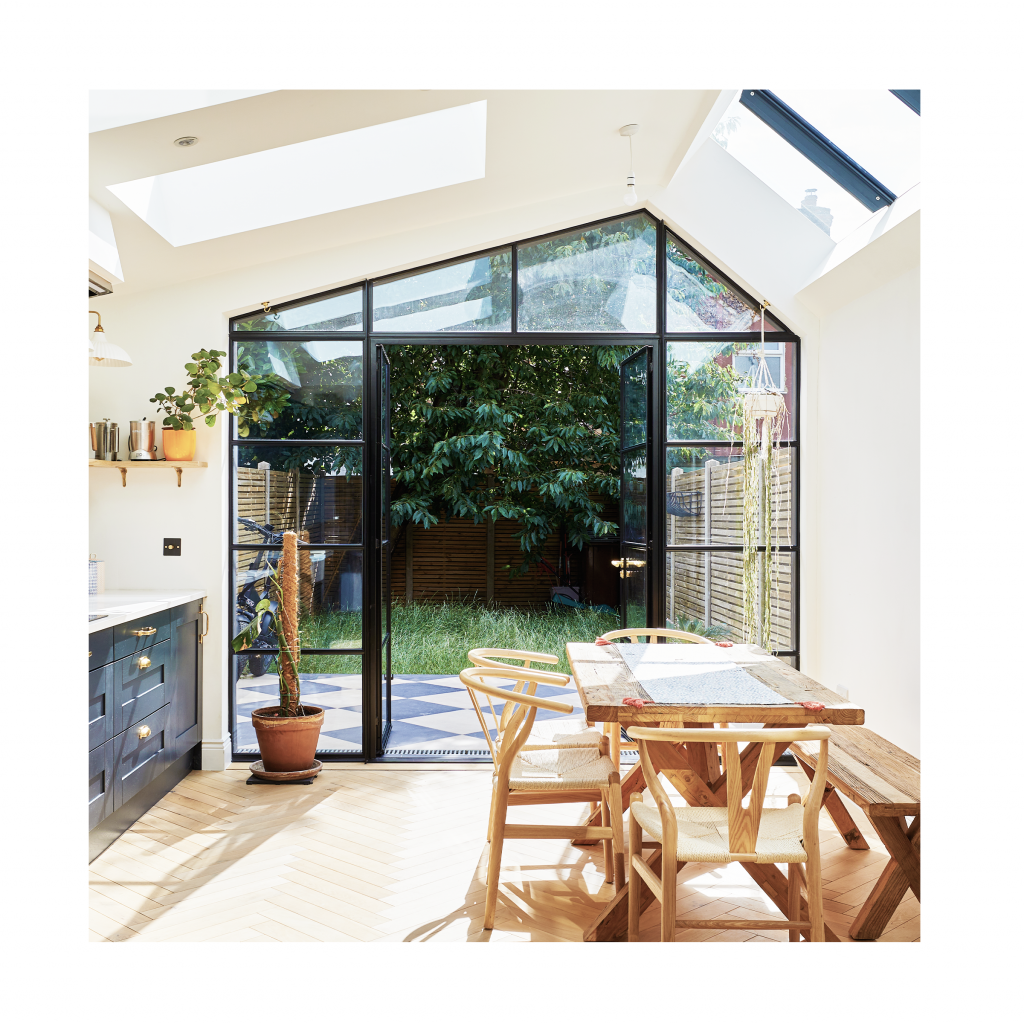
Benefits of A Home Renovation
Home renovation presents a myriad of tangible and intangible benefits, making it a smart and rewarding investment for homeowners.
To start, one of the most appealing benefits of home renovation is the potential for increased property value. This is particularly relevant in a competitive housing market like London, where even modest improvements can make a significant difference. For example, consider the impact of renovating a dated kitchen in a Victorian terraced house in Islington. Upgrading to modern appliances, installing stone countertops, and adding a chic finish could increase the property value by up to 6%, according to a recent study by the National Association of Estate Agents.
Enhanced comfort and functionality are other compelling reasons to renovate. A redesigned layout or extension can transform a cramped flat in Hackney into a spacious and functional dwelling, facilitating a more comfortable and efficient lifestyle. Imagine creating an open-plan living space, where you can cook, dine, and socialise with ease, or adding a loft conversion to serve as a home office or guest room, significantly improving the utilisation of your living space.
Renovations can also lead to improved energy efficiency, which is both environmentally friendly and cost-effective. Upgrading to double or triple-glazed windows in a Brixton semi-detached house can dramatically reduce heat loss and energy bills. The same goes for updating your insulation or installing a new energy-efficient boiler. These improvements not only make your home more sustainable but can also increase its appeal to eco-conscious buyers, adding yet another layer to the financial benefits.
Lastly, home renovations provide a golden opportunity to infuse your personality into your living space, thus enhancing emotional well-being. Whether it’s installing a window seat in your Kensington townhouse for reading, or creating a lush, green patio for weekend relaxation in your Clapham home, these personalized touches contribute to a sense of happiness and fulfillment that transcends monetary value.
In sum, home renovation is more than just aesthetic transformation; it’s about making calculated investments that add value, enhancing your lifestyle, promoting sustainability, and creating a haven that truly feels like home.
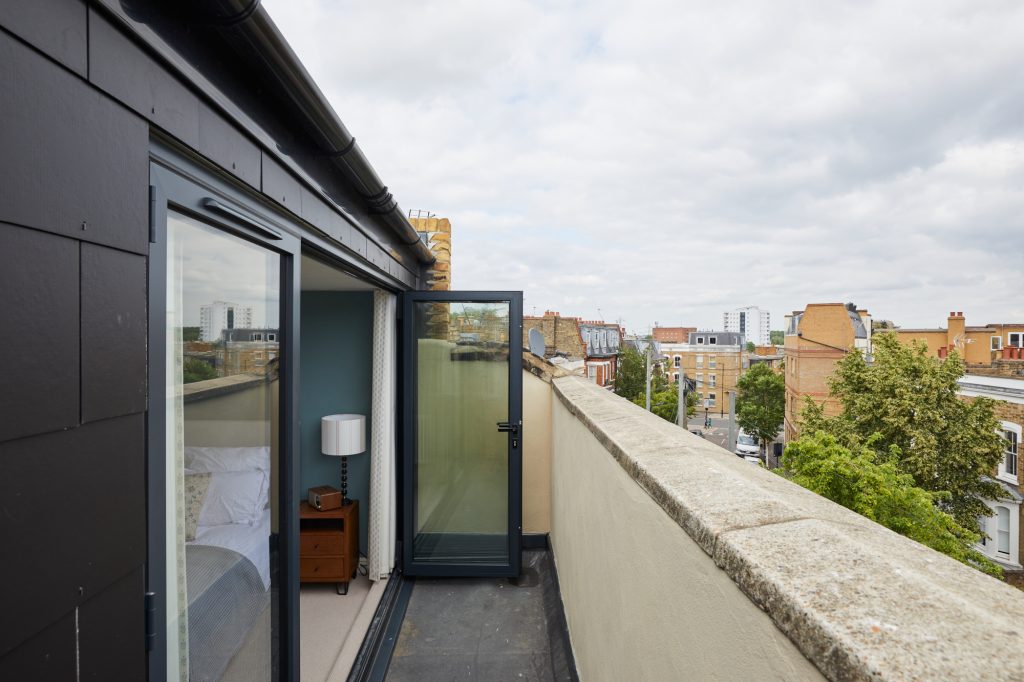
Understanding Your Budget
One of the most critical steps in the home renovation process is defining your budget. This will not only determine the extent and quality of the renovations but also prevent financial strain and stress down the line. Remember, your dream home is a joyous pursuit, not a pathway to unnecessary debt.
Renovation budgets need to account for a wide array of costs, some of which can often be overlooked. For example, it’s easy to focus on the cost of materials and labour but neglect additional expenses such as permits, inspection fees, or waste disposal. If you are undertaking structural changes, professional services like architects or structural engineers will add to your costs. Additionally, consider the cost of living adjustments if you need to vacate your home during renovations, such as temporary accommodation or storage facilities.
To get a realistic estimate of your renovation costs, start by doing thorough research. Collect quotes from various contractors, visit home improvement stores to check the prices of materials, and consult with experts if necessary. Online renovation calculators can also be helpful to get a ballpark estimate based on your location and the type of project. Remember, the more detailed your plan is, the more accurate your budget will be.
It’s crucial to also set aside a contingency fund for unexpected costs. No matter how meticulously you plan, unforeseen issues often crop up during renovations, especially in older homes. This could be anything from discovering faulty wiring to structural problems that need immediate attention. As a rule of thumb, set aside an additional 10-20% of the overall project cost for contingencies.
In conclusion, knowing your budget before you begin is the cornerstone of a successful renovation. It provides a clear financial roadmap, helping you make informed decisions and preventing cost overruns. The time spent crafting a well-thought-out budget is an investment that pays off in a smooth and enjoyable renovation experience.
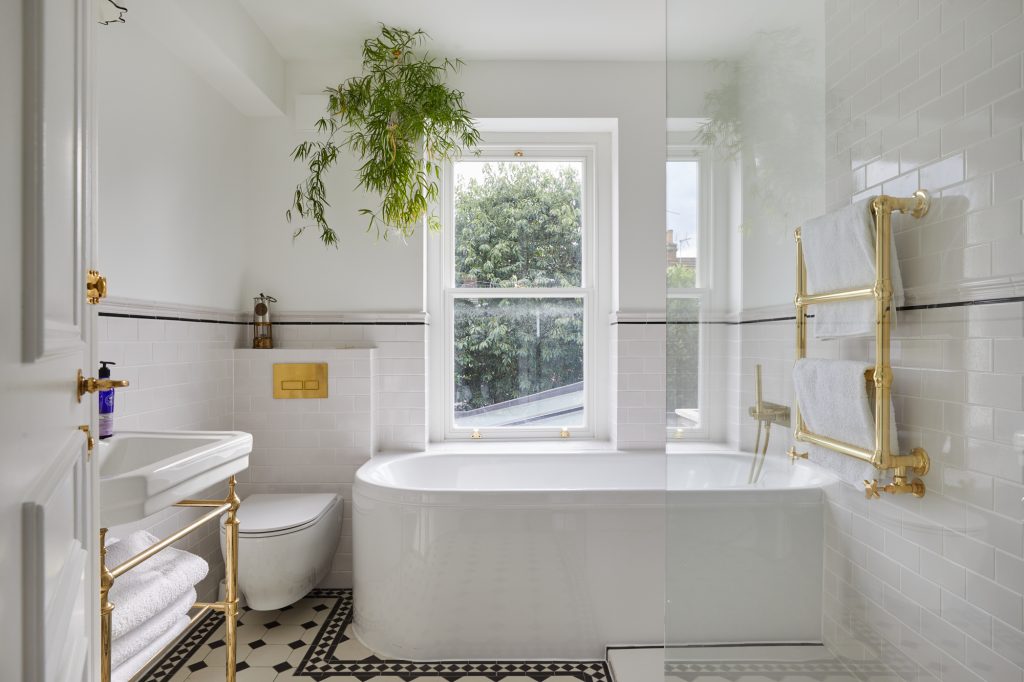
Understanding London’s Laws & Regulations
In London, as in any city, home renovations are governed by a complex set of laws and regulations, ensuring safety, aesthetics, and community integrity. Understanding and complying with these regulations is not merely a legal obligation, but it is also crucial for the smooth progress of your renovation project and the future value of your property.
For most major home renovations in London, such as extensions, loft conversions, and substantial internal alterations, you will need planning permission from your local authority. The guidelines can be quite specific, considering factors like the size, height, and location of your project, and even the materials used. In conservation areas or listed buildings, additional rules apply to protect their historic and architectural significance.
Furthermore, irrespective of planning permissions, almost all building work must comply with the UK Building Regulations. These are standards for design and construction that apply to most new buildings and many alterations of existing buildings. They cover aspects such as structural safety, fire protection, energy efficiency, and accessibility.
Failure to adhere to these laws and regulations can lead to serious consequences. Your local authority has the power to serve an enforcement notice requiring you to undo any work that does not comply with the rules. This could mean demolishing a new extension or reversing a loft conversion, which would be both costly and distressing.
Non-compliance also poses significant risks when you come to sell your property. Prospective buyers or their solicitors will check for appropriate planning permissions and Building Regulations certificates. If these aren’t in order, it can devalue your property or even make it unsellable without costly remedial work.
In conclusion, the importance of understanding and following London’s property laws and regulations cannot be overstated. It’s a legal, financial, and ethical obligation that ensures your home is safe, valuable, and a positive contribution to your community.
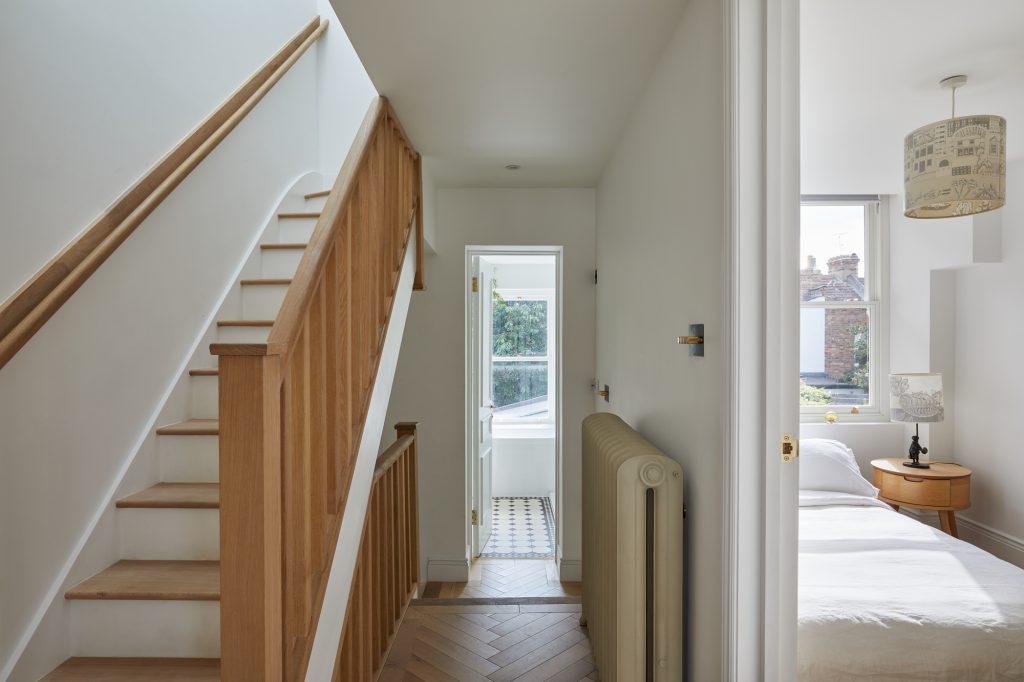
Choosing the Right Contractors
Choosing the right contractors can mean the difference between a dream home and a renovation nightmare. A trusted contractor can bring your vision to life, ensure quality workmanship, and provide peace of mind throughout the project.
Start by seeking out professionals with a strong reputation in the industry. Word-of-mouth referrals from friends or family are often the most reliable. Online platforms can also provide customer reviews and ratings. Look for contractors with experience in the type of project you’re planning, whether it’s a kitchen refurbishment, a loft conversion, or a full home renovation.
Verification of credentials is a must. Check if your chosen contractors are members of trade associations such as the Federation of Master Builders or the National Federation of Builders, which require members to adhere to certain standards of work and ethics. Ensure they have valid insurance covering property damage and worker’s liability.
References are key to understanding a contractor’s quality of work. Ask to visit past projects, speak to former clients, and scrutinise the quality of their craftsmanship and attention to detail.
Once you’ve shortlisted potential contractors, arrange meetings to discuss your vision, budget, and timeline. Pay attention to their communication skills. Open and clear communication is vital for a successful renovation. A good contractor will value your input, offer professional advice, and keep you updated on progress and any issues that arise.
In conclusion, the process of choosing the right contractor should be thorough and thoughtful. Remember, it’s not just about finding a builder, it’s about partnering with a professional who will respect your home, your budget, and your vision, ensuring a successful and satisfying home renovation.
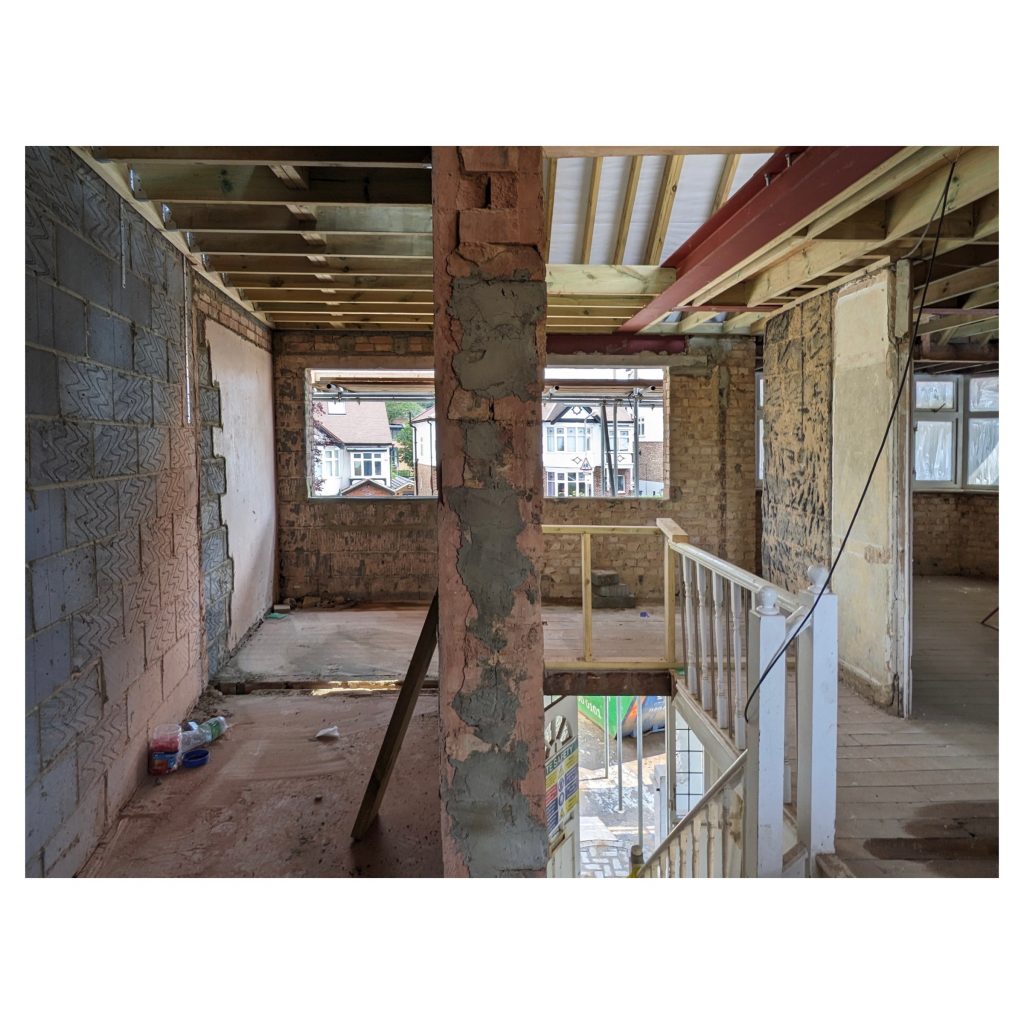
Designing for Your Lifestyle and Future Needs
Designing your space is more than just choosing colours, textures, and fixtures; it’s an opportunity to shape your environment in a way that best suits your lifestyle and anticipates your future needs.
Whether you’re a young professional yearning for a minimalist, modern look or a growing family requiring extra space and functional layout, your design decisions should reflect and cater to these needs. The design should echo your personality, accommodate your daily routines, and enhance your living experience. A home that aligns with your lifestyle is not only comfortable but also resonates with a sense of belonging and joy.
While following trends can provide a splash of current aesthetic appeal, remember that trends fade and your home is a long-term investment. Focusing on timeless design elements and prioritising practicality and comfort will ensure your home remains stylish and functional for years to come.
Furthermore, life is ever-changing, and so too are our needs. Perhaps you may need a nursery in the future, or maybe a home office as remote work becomes more prevalent. An ageing family member might require single-level living or special accessibility features. Anticipating these potential shifts and incorporating flexibility into your design can ensure your home remains adaptable and convenient.
Ultimately, designing for your lifestyle and future needs is about creating a home that you can grow with—a space that adapts to your evolving journey, providing comfort, function, and delight at each stage of life. It’s about envisioning a space that will nurture and accommodate the unfolding story of your life.
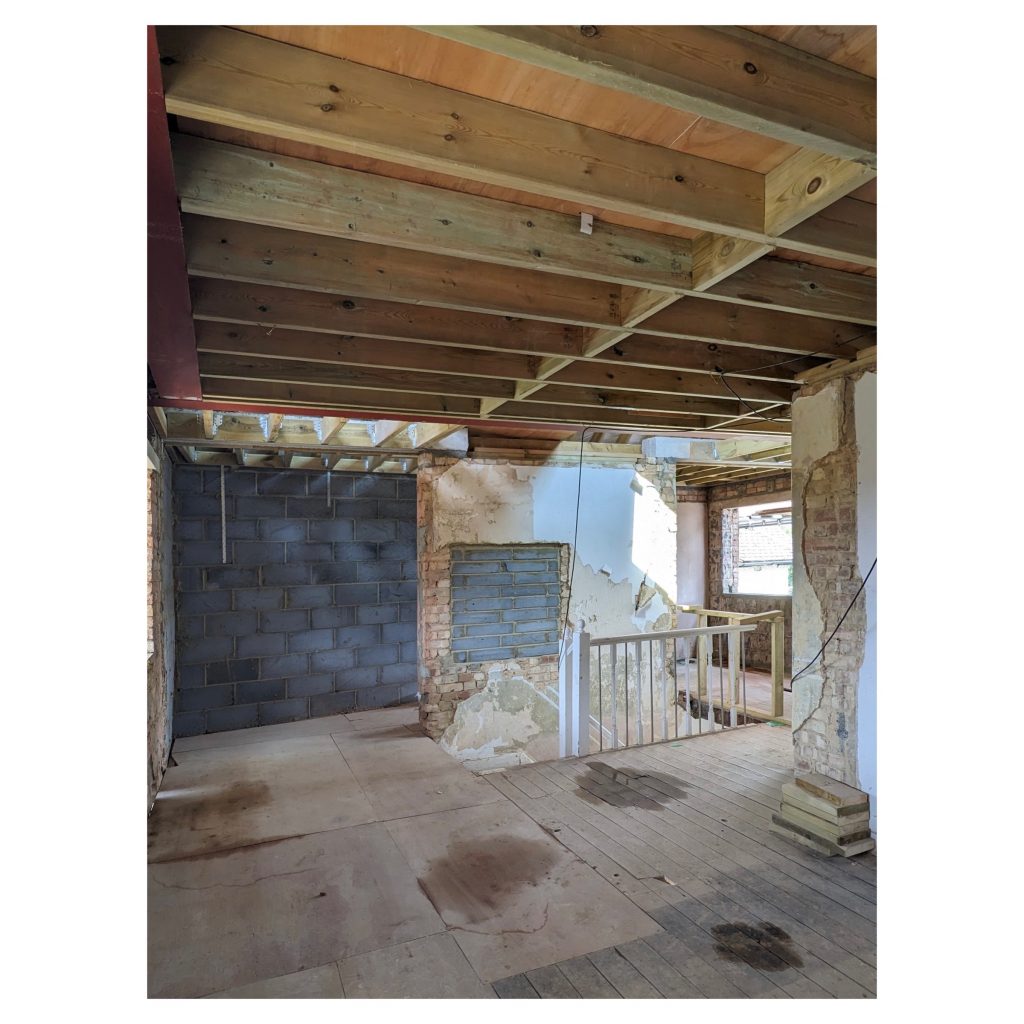
Managing the Project
With a well-crafted plan, a detailed budget, an understanding of regulations, the right contractors, and an exciting design, you’re all set to embark on the thrilling journey of home renovation! But the process isn’t just about setting things in motion; it’s about active and effective management to ensure your vision becomes reality.
Open and clear communication with your contractor is pivotal. Regularly discuss progress, ask questions, and ensure your requirements and standards are being met. This does not mean micromanaging; rather, it’s about being informed and involved, ensuring your project stays true to your vision while navigating any bumps along the way.
Home renovation, like any significant project, can come with its share of delays and unforeseen issues. Weather conditions, supply chain disruptions, or unexpected structural findings can derail your timeline. But don’t let these shake you; maintain a positive mindset, remain patient, and remember that flexibility is the key. Your contractor will help manage these issues, and effective communication can alleviate much of the associated stress.
In the end, remember that every moment spent on your renovation, every decision made, and every hurdle overcome are steps towards creating the home of your dreams. The journey may seem long, but the result—an exquisite home that reflects your personality and caters to your needs—will be worth every effort.

